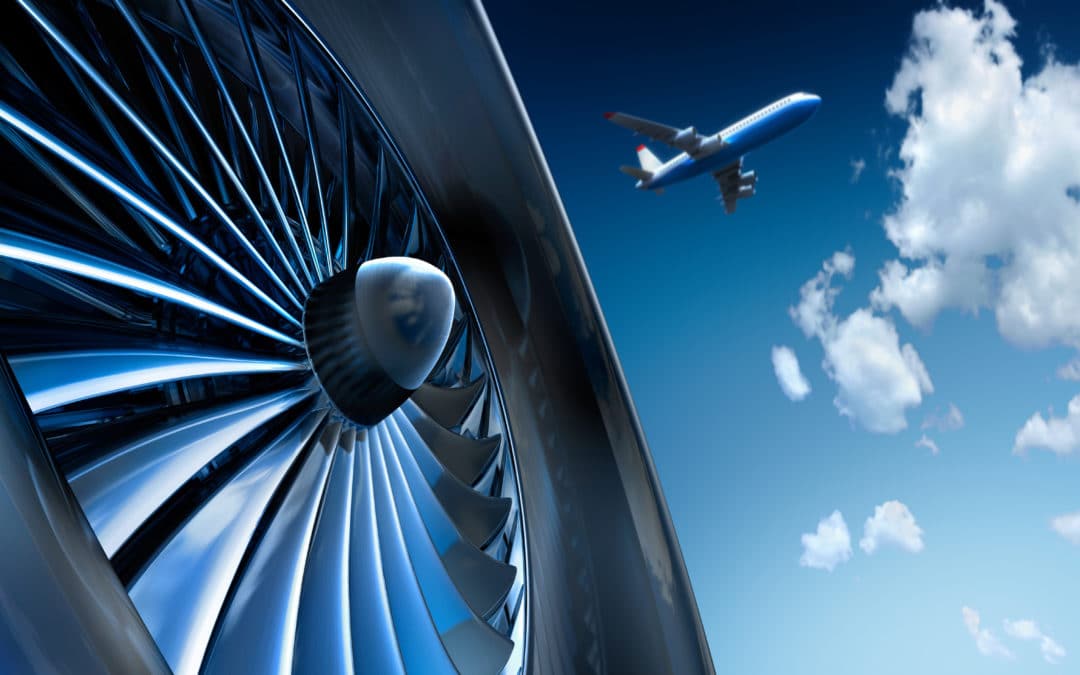The Aerospace industry is exploring a range of new materials to create higher-performing, lighter-weight components.
It takes the right partner to develop production and automation processes using those materials.
New technology and materials are enabling major innovations across a range of industries. This is particularly true when it comes to Aerospace, which faces constant pressure to increase efficiency and reduce its environmental impact.
These pressures are especially strong where the number of flights, number of passengers and volume of freight have grown tremendously in recent years. This growth has come to a temporary, pandemic-driven halt, but experts predict that it will rebound and soon exceed pre-pandemic levels.
Aerospace innovators are considering a range of possible avenues including lightweighting aircraft, and developing improved traditional engines as well as next-generation power sources, such as hydrogen powered planes. As many as 300 discrete technologies are being considered to advance aerospace engine design. These technologies include new and, in some cases, radically different materials.
Suppliers are shifting from proven materials like aluminum to lighter, more heat-resistant materials such as titanium and nickel alloys or nonmetal composites like ceramics.
Entirely new processes must be developed with the ability to successfully form and machine these materials. Traditional boring, milling and shaping equipment is often ill-suited for the task; and the heat generated by standard cutting technology like lasers can change the chemistry or composition of the materials. Material-related component defects induced by production processes are of special concern in Aerospace applications, where failure of an engine or structural component can have catastrophic results.
Partner With An Expert. Partner With Shape Process Automation.
No company can claim expertise in developing and automating production processes for the latest materials because this is unexplored territory. However, there are suppliers able to show a track record of successfully working with other breakthrough materials introduced in recent years.
Highly valuable suppliers typically have a research facility as part of their service offering where they are able to develop and prove production processes using the latest materials. Having the expertise necessary to identify and refine these processes, and access to testing capabilities to verify part reliability and durability is a huge advantage.
Increasing component performance and life while reducing weight will always be a challenge in Aerospace. Successful manufacturers turn to partners with the expertise, experience and capability to develop production and automation processes that adapt to the rapidly expanding range of new materials.
Click to download this post as a pdf.


Recent Comments